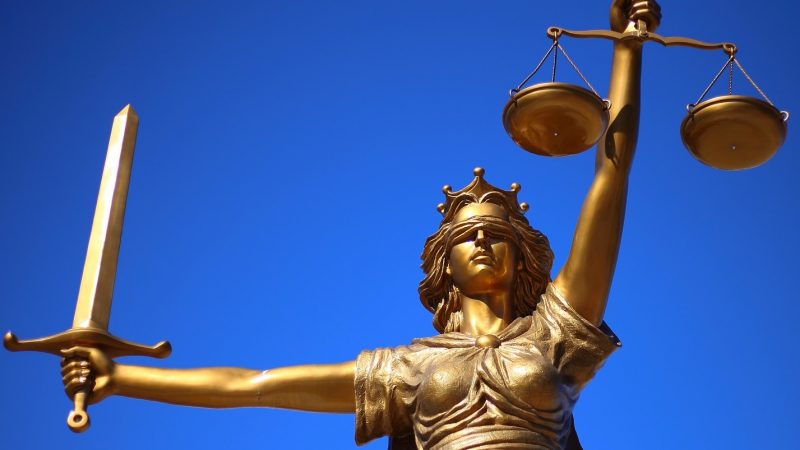
Matthew Turner and I were recently joined by Professor Francesca Klug, a renowned human rights academic and member of our Labour Campaign for Human Rights advisory group, to discuss the history of the campaign for the UK’s Human Rights Act (HRA). Although independent from party politics herself, Francesca played a key role in advising the 1997 Labour government on the implementation and framework of the Act. Our conversation covered the organisations and individuals calling for the legislation, the Labour Party’s role in establishing the HRA, how human rights sit with Labour values and our fears that the Act is now under attack.
When we recorded our discussion, the government had not yet announced the independent review into the HRA, but it has been clear for some time that their intention has been to revoke the Act – continuing an ideological and fundamentally misguided quest for ‘sovereignty’. Other articles will far more eloquently explain the error of this move, and we are confident that the Labour Party will continue to mount a strong defence of the Act. But I think this interview comes at a timely moment, particularly as an understanding of our present predicament requires an appreciation of the past.
70 years ago, in 1950, the European Convention on Human Rights was adopted under the 1945 Labour government, with the support of Winston Churchill, and Francesca expertly guided us through its subsequent journey to incorporation into UK law in 1998. The discussion began with the background to the HRA, and specifically the social and political context of the ’80s and ’90s leading up to the Act – with the heavy-handedness of the Margaret Thatcher government prompting louder cries for legal rights and protections – before focusing on the views within the Labour Party and the reservations held by some, including initially Tony Blair. We consider how the party came to adopt the HRA, the form it took (for example, leaving parliament with the last word on the matter) and the common-sense narrative it encouraged around ‘bringing rights home’.
Most importantly, our conversation highlighted the significance of the Act, the lack of protections that existed before and the overwhelmingly positive impact it has had since. Since coming into force in 2000, the HRA has obligated the executive, legislature and judiciary to play a key role in protecting rights. In the long term, however, it depends on the human capacity to empathise and identify with others; in recent years, a sense of disenchantment with the Act has grown – under David Cameron, every Conservative manifesto called for its repeal – and, in 2019, the Conservatives campaigned on a euphemistic promise to “update” it.
Francesca has written several excellent books on the history and theory of human rights, and I have been struck by her definition of our current “third wave” as a period of mutuality: with codes of practice, trade agreements, parliamentary commissions, pressure groups, public debates and our media playing a more engaged role than ever before in the protection and promotion of rights. Undoubtedly, the international and domestic courts and monitoring bodies of the previous century continue to matter, but we all bear a responsibility for a human rights-embedded culture.
The late US philosopher Richard Rorty has spoken of human rights being “made and remade and made again”, and argued that the correct term is “doing human rights”. The denigration and monstering of the HRA has made it all too easy to paint it as a ‘villains’ charter’. In reality, the victims of crime are the overwhelming beneficiaries of the Act. The campaign for the HRA was hard fought, and we would be wise to remember it.



More from LabourList
‘Why removing the remaining hereditary peers from Parliament isn’t constitutional wrangling’
NEC member warns of CLP ‘resentment’ over twinning and cut-off IT access
‘A black hole, CQC woes, prison crisis: Tories get taste of their own medicine’